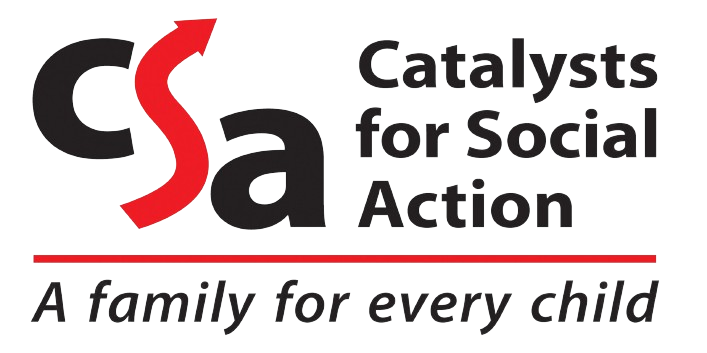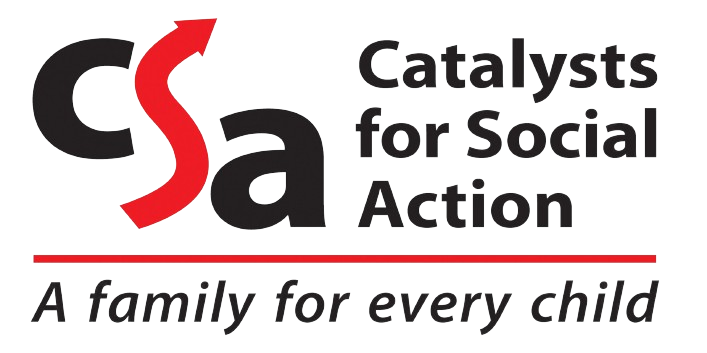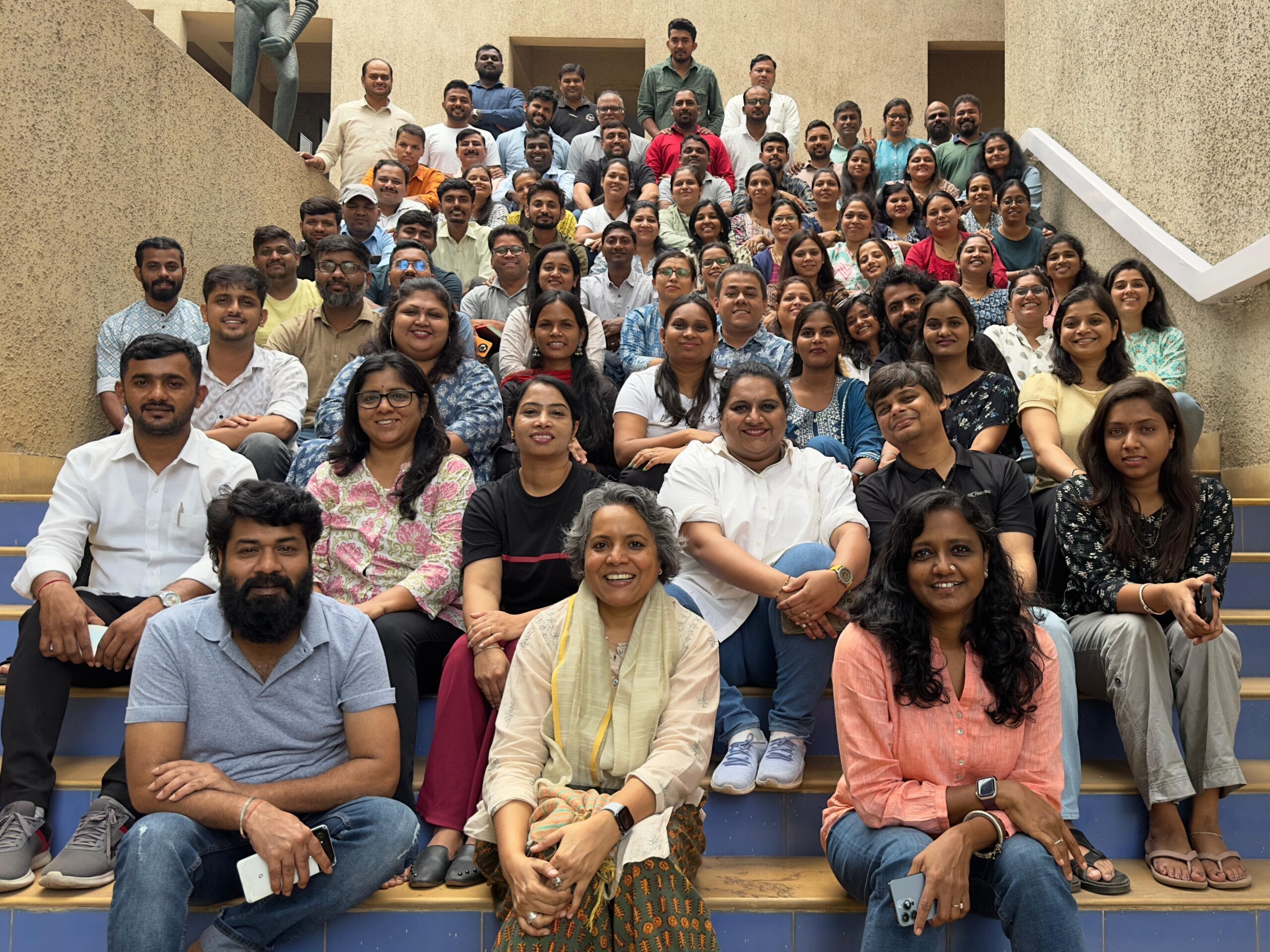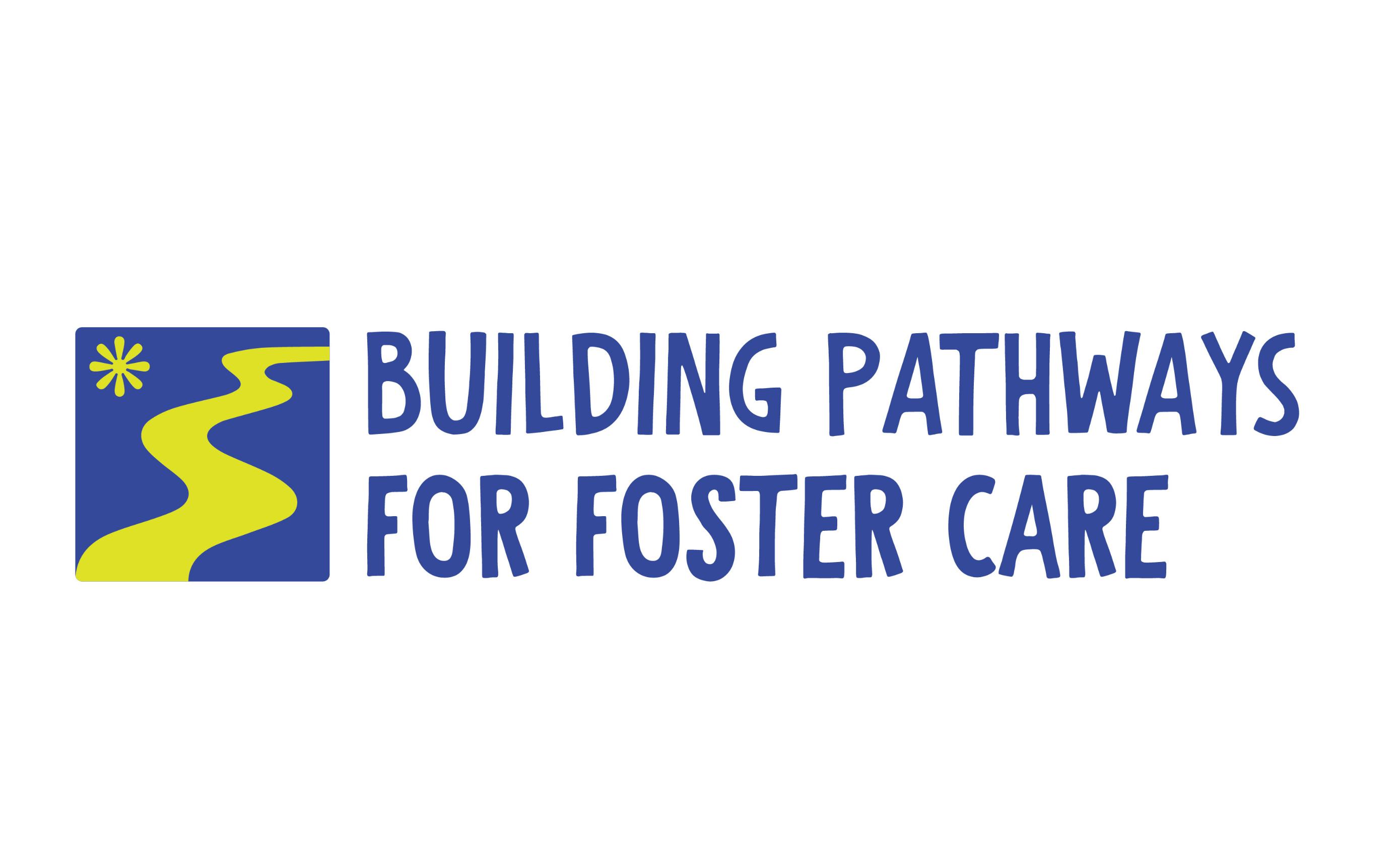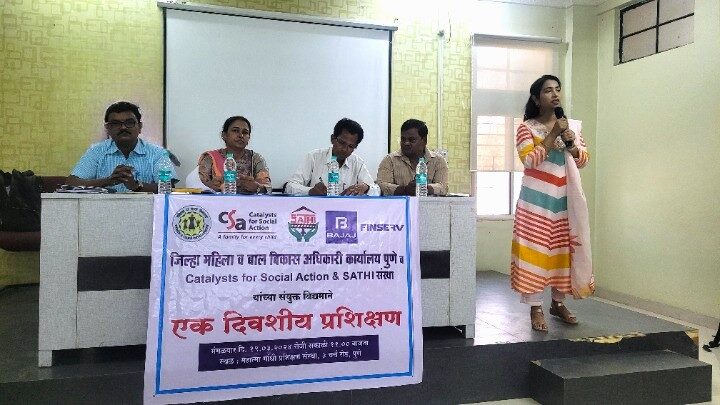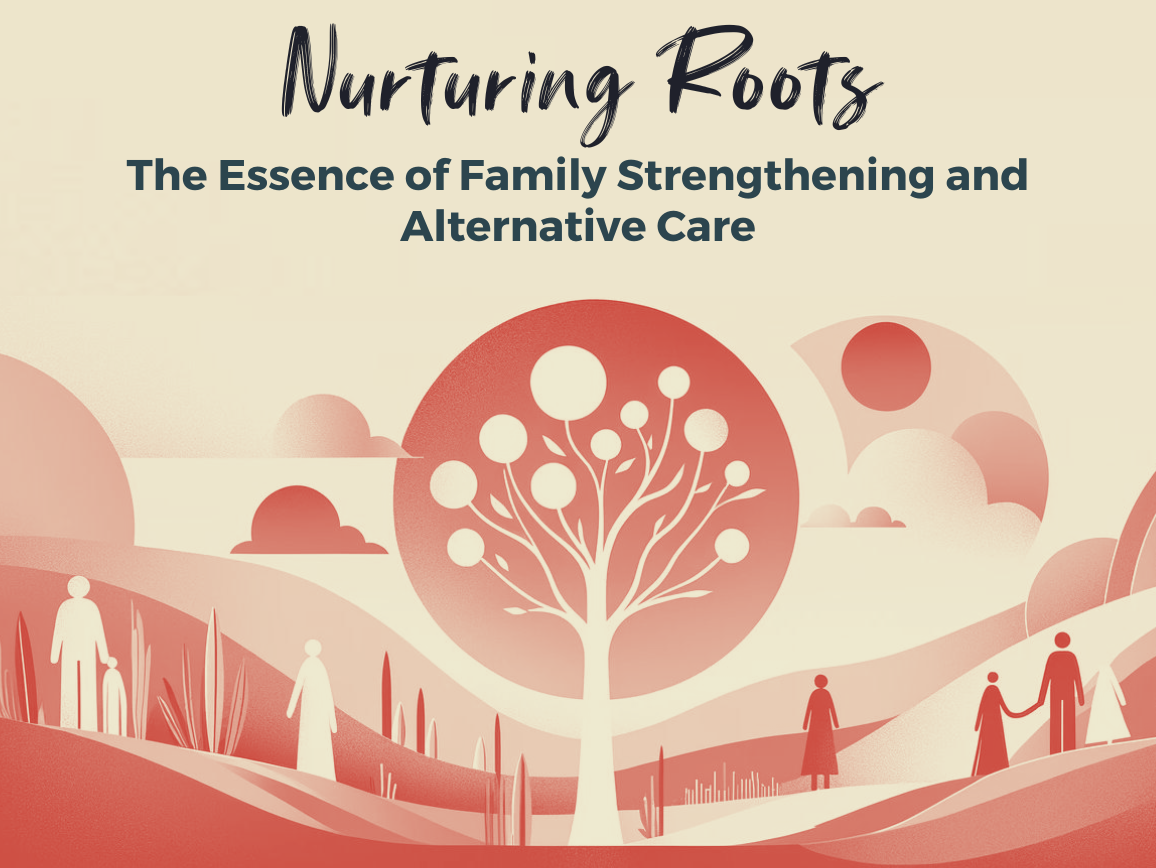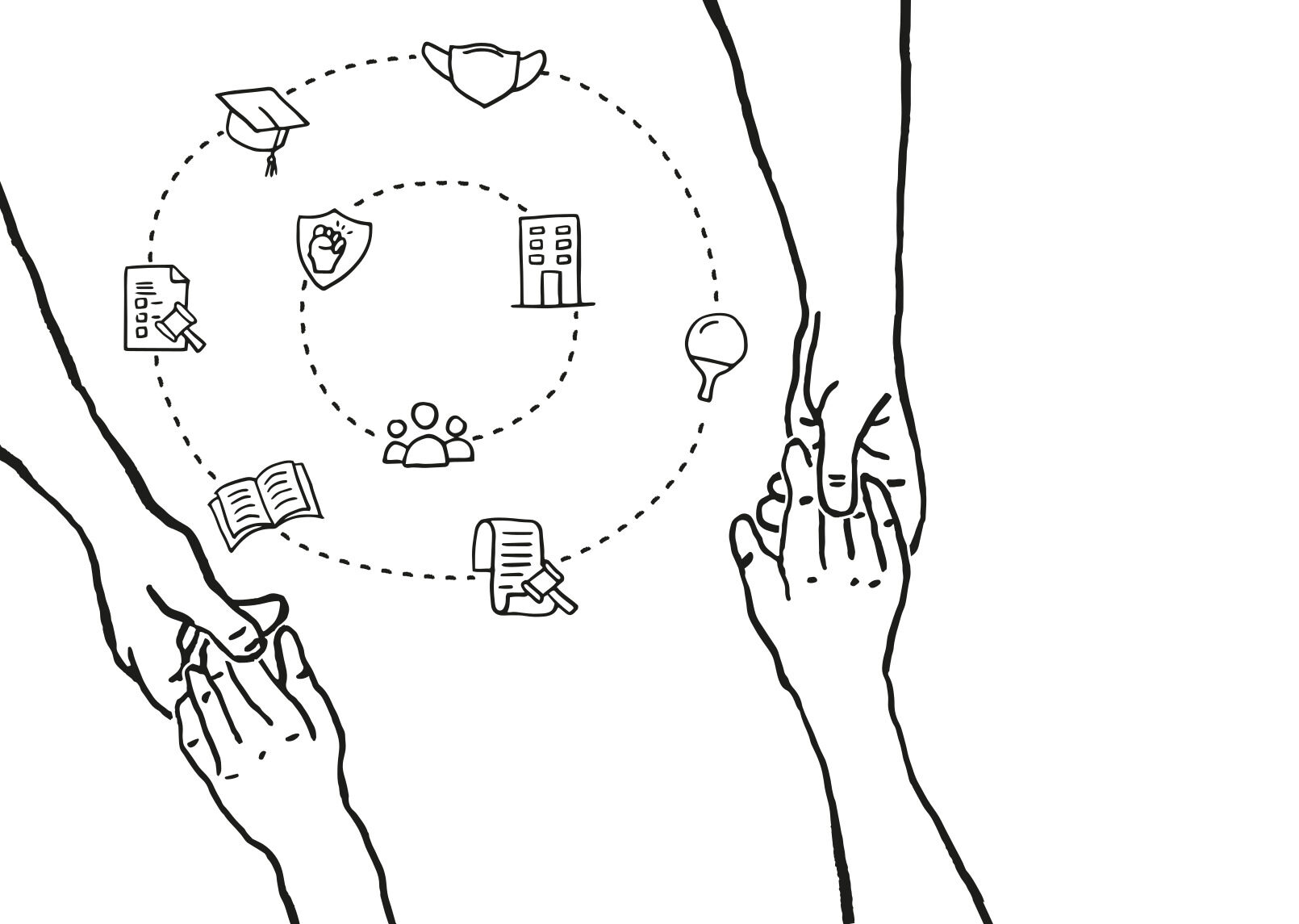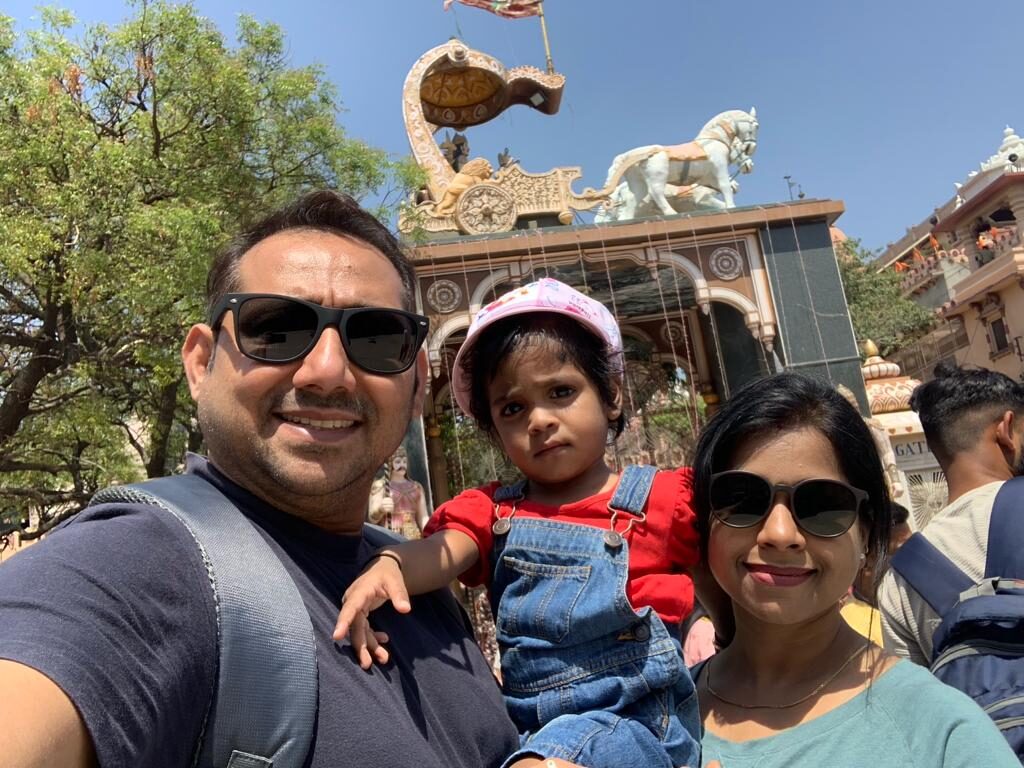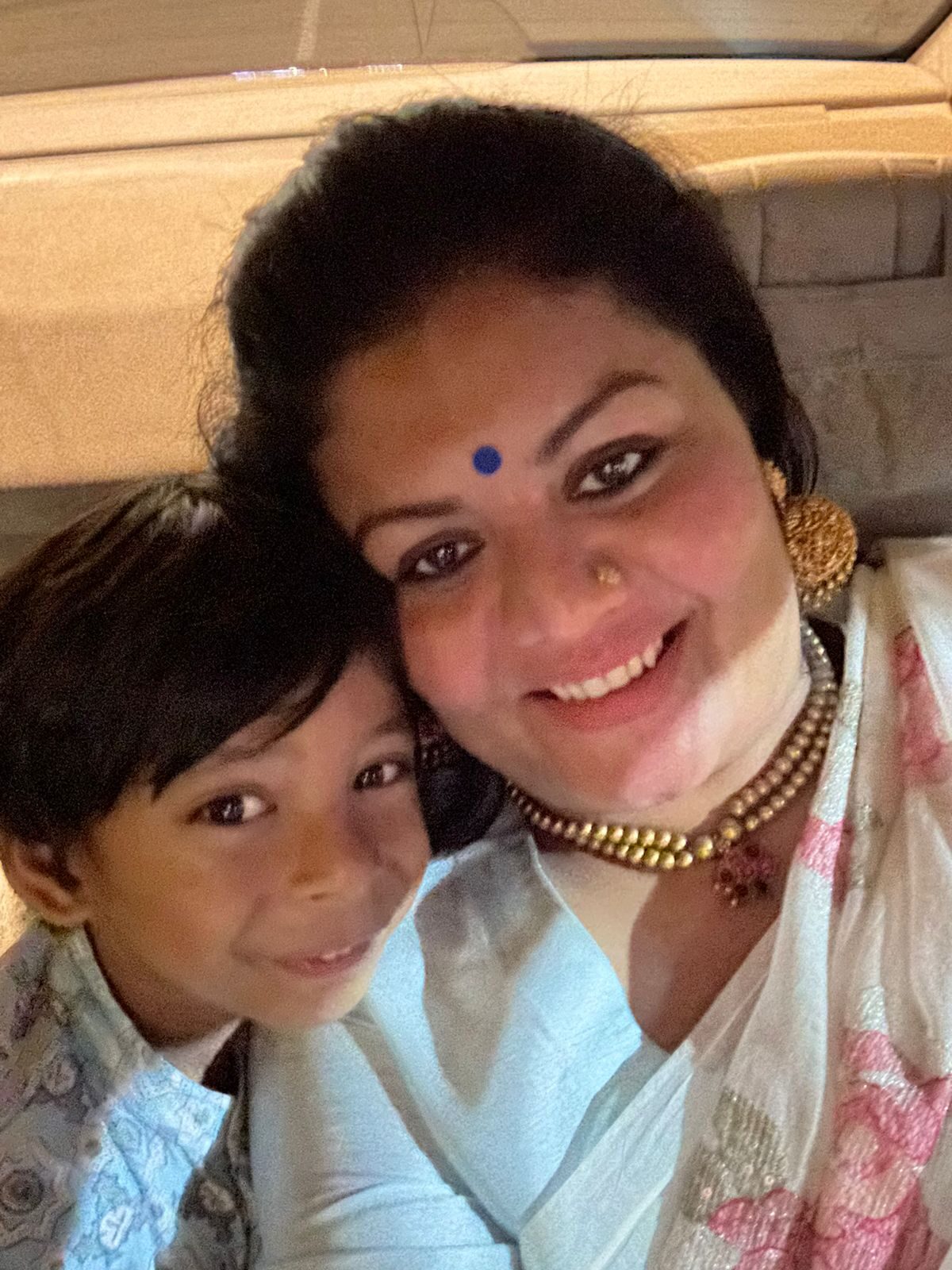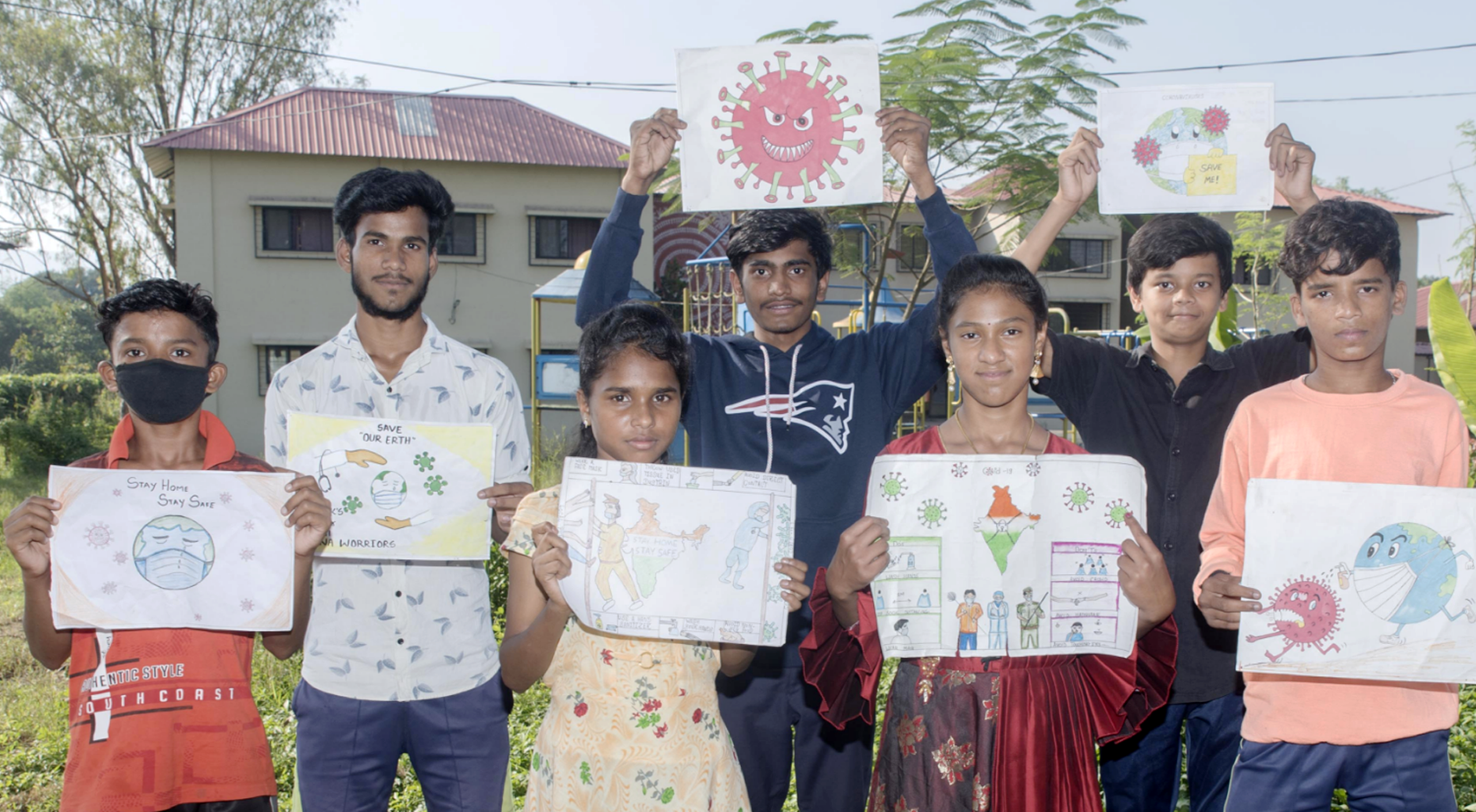Together We Learn
This is what we aspire to do at Catalysts for Social Action (CSA) and strive for at our annual training. We lived up to our theme, Together We Learn, by spending 10 days revising and learning new practices, laws, and about our programmes at Yuva Center in Kharghar, Raigad. Nearly 90 of us from all five locations—Maharashtra, Odisha, Goa, Karnataka, and Madhya Pradesh—came together to engage in interactive activities, games, and team-building exercises.
